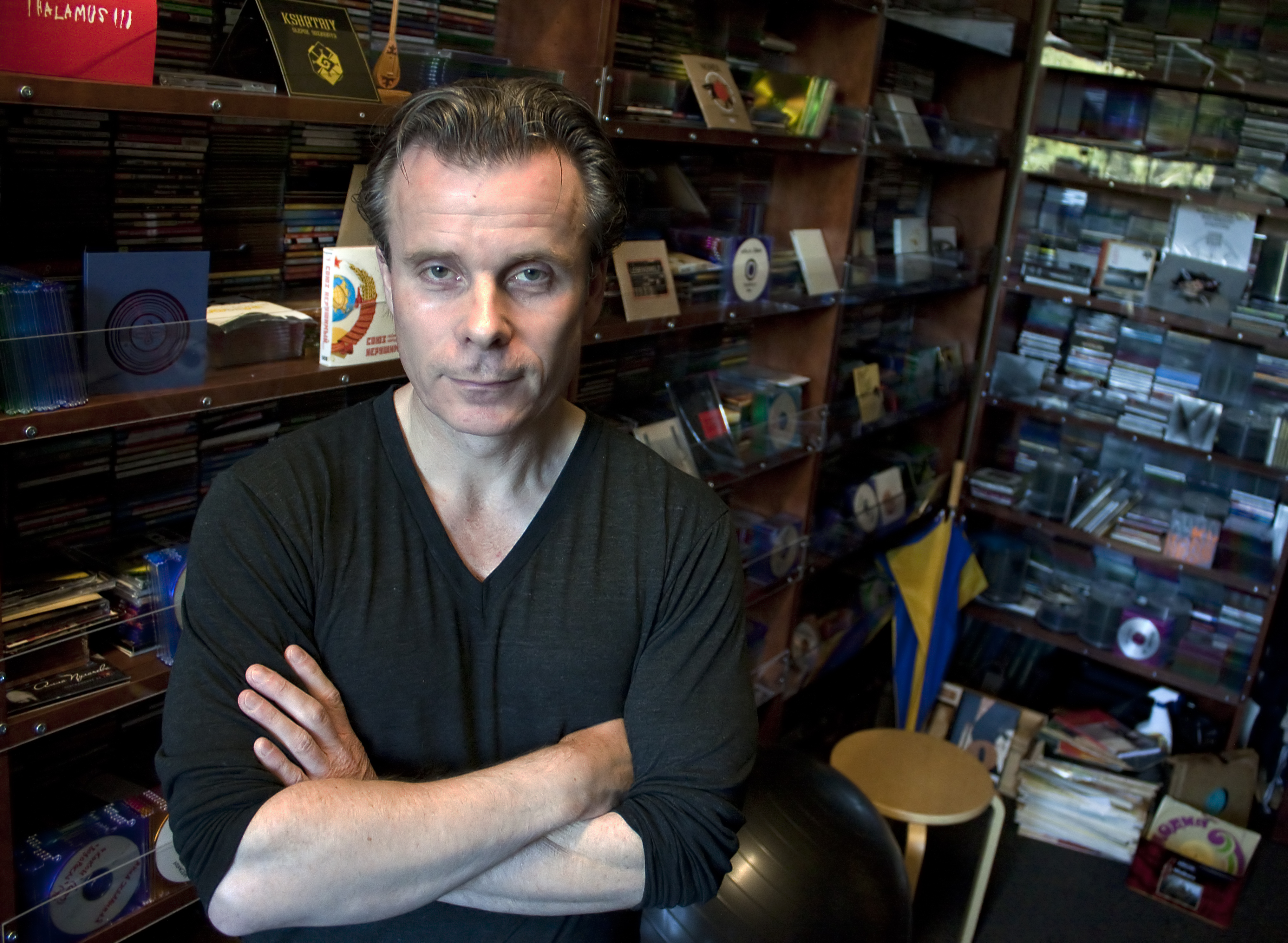Correction: The original version of this article published on Nov. 17 contained an error. Professor David MacFadyen served as chair of Slavic languages and literatures from 2007 to 2010. He is currently serving as associate dean of humanities.
From halfway across the world, a single music fan is doing his part to build localized music scenes in Russia, a country with a music scene ravaged by piracy.
David MacFadyen, professor of Slavic languages and literatures, has created the website “Far From Moscow” while the music industry is in a state of transition.
The website is a collection of music and videos from musicians spread not only across Russia but also across the Baltic nations, Belarus and Ukraine.
“That was the main reason, to try and bring some sort of order to a really messy situation because piracy has just destroyed everything,” MacFadyen said.
According to Sasha Razor, a doctoral student in the department of Slavic languages and literatures originally from Belarus ““ a landlocked country to the west of Russia ““ “Far From Moscow” is a great tool that centralizes the music in the area. It also enable musicians living outside of urban areas to promote themselves better.
MacFadyen took an interest in Russia long before the conception of “Far From Moscow.”
“I grew up in England, and at the time I was finishing high school the Soviet Union was falling apart. So Russia was very much in the news and people thought at the time this whole new society was going to open up and there will be lots of jobs and career opportunities,” MacFadyen said.
He furthered his interest in Russia through his studies that led to a doctorate in Russian poetry, which was where his interest in song began because the two were so similar.
He published several books on Russian popular music ranging from the start of the 20th century to the 1980s. When he finished, he wanted to continue his work with Russian popular music.
To MacFadyen, it seemed foolish to continue cataloging music in books with modern music changing so quickly and books coming out so slowly. He thought that a website seemed like the proper solution.
Today, the website features 1200 artists and continues to receive a lot of attention, including an interview with BBC Russia.
The website is set up with four major genres that each of the profiled artists will fit into: rock, pop, dance and electronic.
MacFadyen personally selects the website’s featured artists, which he discovers through two methods.
“It is a combination of me digging around with people sending me stuff,” MacFadyen said.
MacFadyen plans to introduce a social networking element to the website at the end of the year.
“At the moment it is all me. I’m gathering it and explaining to people what is going on and putting all these links on there, but at some point I want to open it up so people can put their own links on there,” MacFadyen said.
Although this music is from a different region of the world, MacFadyen said that there is something for UCLA students to take out of the website.
“It is a unique chance to see amateur music-making from all across the world’s biggest country, and, hopefully, it will show people a way in which language, music, images and video can be brought together to enliven culture-related classes,” MacFadyen said.
Razor already uses the “Far From Moscow” website to bring the latter to her beginning Russian language students.
“Right now I am trying to think of the ways to adapt it to teaching strategies. For example, I show music videos that come out from that area to my students,” Razor said.
Matthew Lake, a third-year philosophy student in Razor’s Russian language class, said that “Far From Moscow” is more than a tool for learning Russian inside and outside of the classroom.
“What I enjoy most about the website is it’s a lot of culture you wouldn’t be able to get on your own,” Lake said.
According to MacFadyen, “Far From Moscow” is building localized music scenes in a part of the world where music piracy is an important issue because it keeps musicians from making a profit.
“This is something that is desperately needed, especially in that part of the world,” MacFadyen said.
